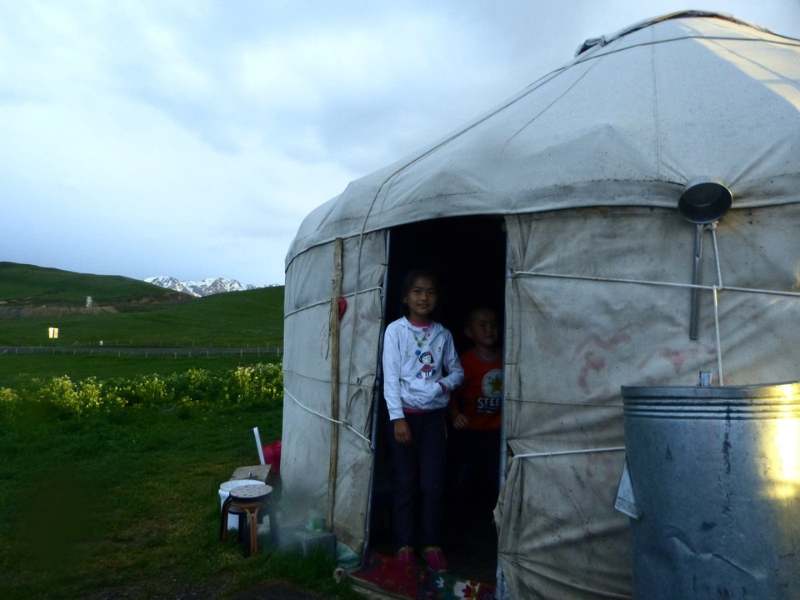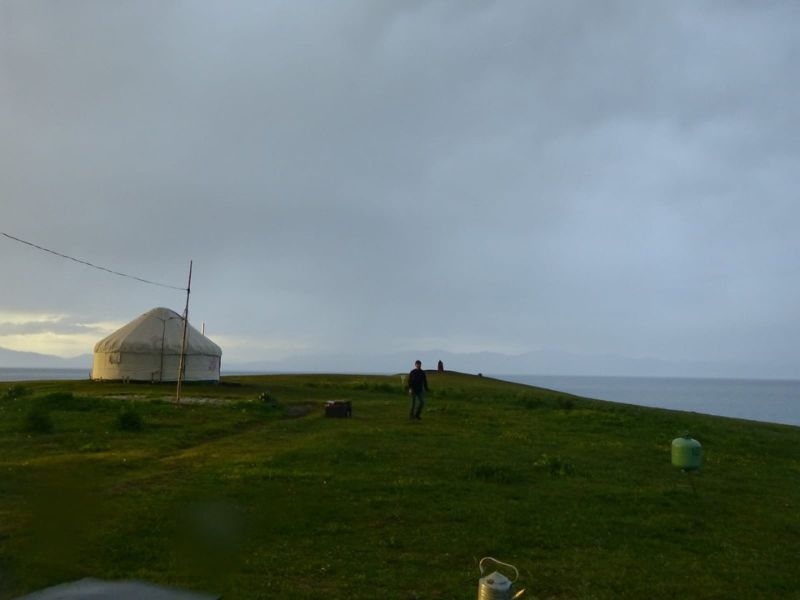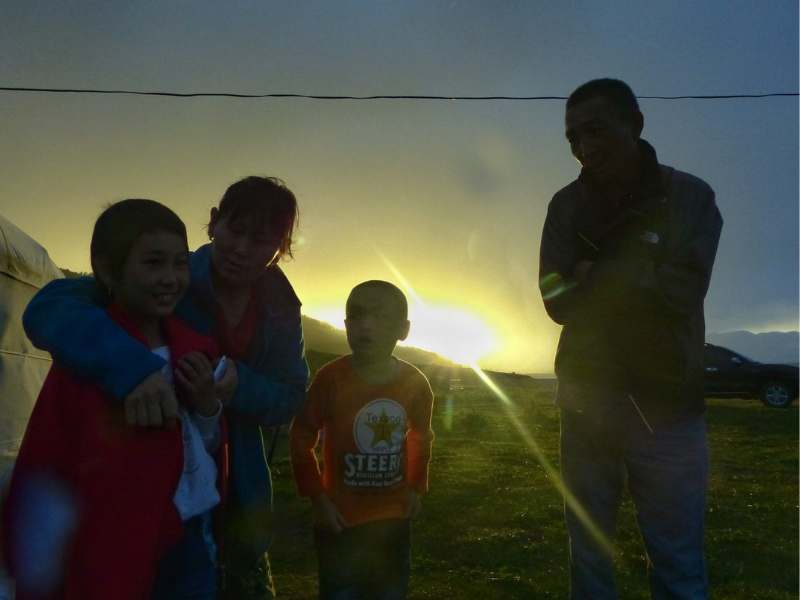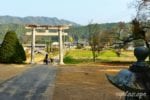Last Updated on 7 December 2023 by Cycloscope

Before going to cycle Kazakhstan, we asked ourselves: are there still Kazakh nomads out there? Or the Soviet Union wiped them all out?
Under Stalin’s regime, between 1928 and ’31, Kazak nomads, being the major part of the population, were forced to settle down as farmers.
Hundreds of breeder’s family were deported in the internal regions and the nomad’s herds were brutally seized.
The results of those sedentarization attempts were starvation of the livestock and the nomad’s unorganized diaspora. By the autumn of 1931, the famine was generalized, causing the population’s mass exodus to Siberia and China.
Within two years, the Kazakhstan population was diminished by more than two million people (a total of 6,5 million).
The majority of them had moved in search of food, mostly dying before reaching the closest cities, or trying to cross mountains or rivers.
According to the late ‘30s census, 1,5 million nomads, more than one-third of the entire population, were dead, while hundreds of thousands remained in China, Siberia, and other regions they had fled. Often, those region’s administrations did everything to get rid of those refugees, coming to organize re-deportations to their homelands, in fact condemning them to death by starvation.
However, even today, about 1% of the population of Kazakhstan still leads a nomad lifestyle. Investigating the remains of the ancient nomadic traditions and their evolution will be the goal of our exploration of central Kazakhstan.

After being twice in Kazakhstan, we couldn’t manage to find any nomads still living in Kazakh territory nowadays. Except for a few fake yurts for tourists, seems that the Nomad culture has disappeared. But Kazakhstan is so big, and some areas so remote, that it still may be some family living a nomad or seminomad life.
We found instead many ethnic Kazakh nomads, most of them still fully nomads, in the mountains of Western China, around Sayram Lake in Xinjiang, and in the high plateau of Qinghai.



